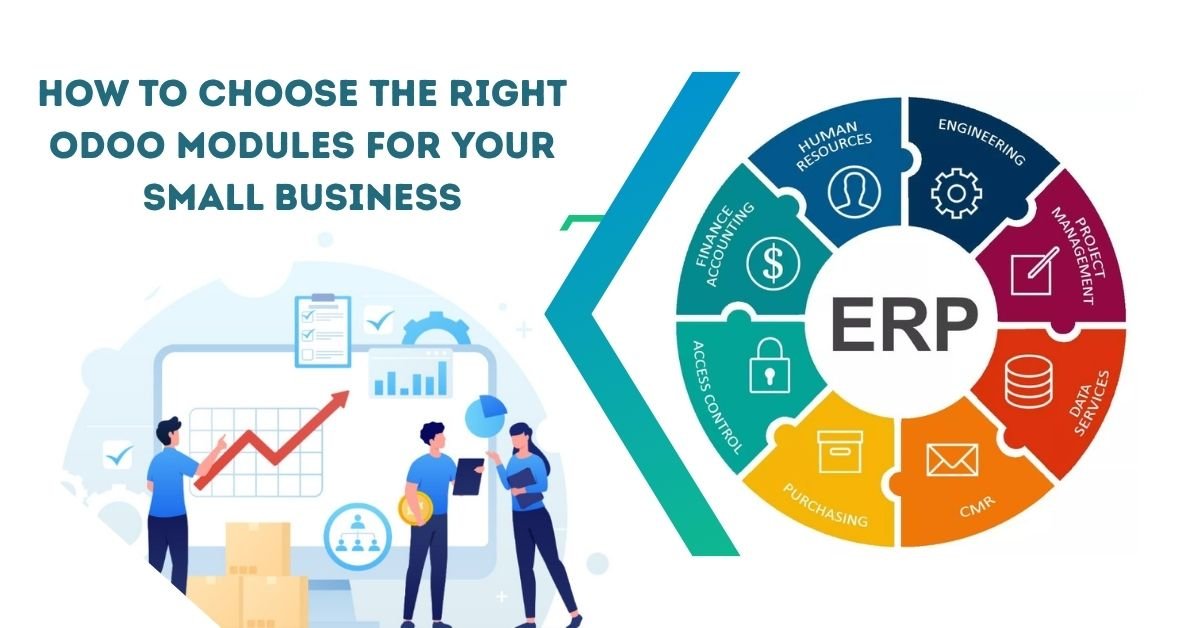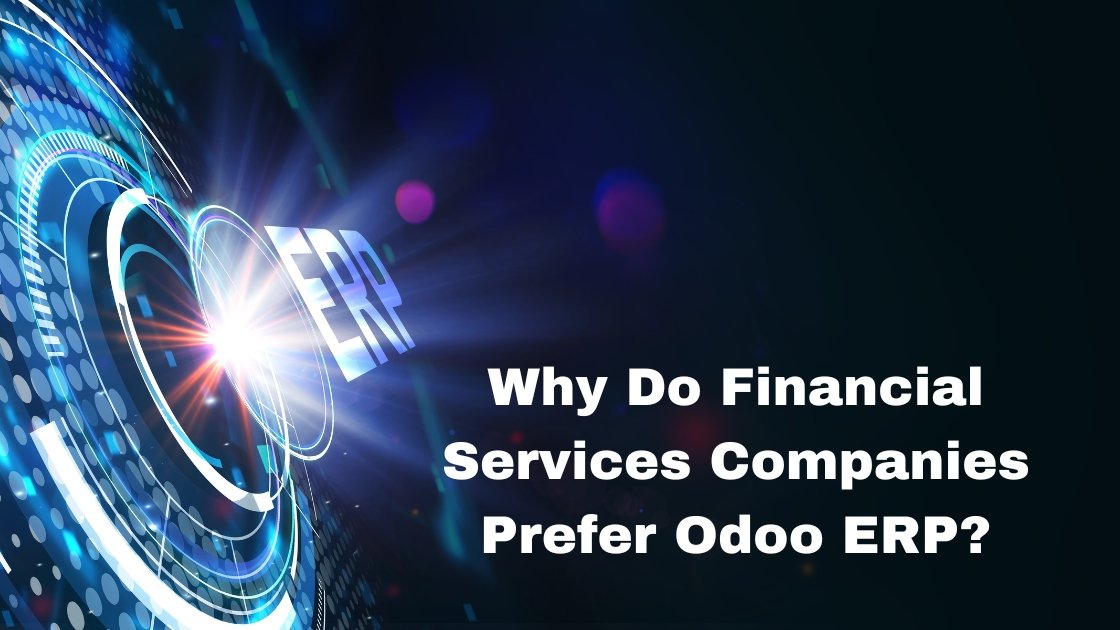In the field of modern business operations, the adoption of Enterprise Resource Planning (ERP) systems has become indispensable for organizations looking to enhance efficiency, streamline processes, and drive sustainable growth. The complexity and significance of implementing and optimizing ERP solutions necessitate the expertise of ERP consultants. These specialized professionals play a pivotal role in guiding businesses through the intricate process of ERP system implementation and utilization.
What is an ERP Consultant?
ERP consultants are professionals who specialize in advising organizations on how to best implement, customize, and utilize ERP systems to meet their specific business needs. They work closely with stakeholders to understand business processes, identify requirements, configure the ERP system, provide training, and offer ongoing support.
Understanding the Role of an ERP Consultant
ERP consultants are experts with deep knowledge of ERP systems and their applications across different industries. Their primary goal is to work with organizations to determine the most effective strategies for implementing, customizing, and utilizing ERP solutions to meet the unique needs and objectives of the business. Acting as both strategic advisors and technical specialists, ERP consultants ensure that ERP systems are seamlessly integrated into a company’s existing infrastructure, enhancing overall efficiency and productivity.
What are the Responsibilities of an ERP Consultant?
1. Assessment and Analysis
ERP consultants conduct comprehensive assessments of an organization’s current systems, processes, and requirements to evaluate the feasibility and benefits of ERP implementation. This involves identifying areas for improvement, understanding business objectives, and outlining a roadmap for the ERP project.
2. Planning and Strategy Development
Based on the assessment findings, ERP consultants collaborate with stakeholders to develop a strategic plan for ERP system implementation. This includes defining project scope, establishing timelines, and allocating resources to ensure a successful and efficient deployment.
3. Configuration and Customization
One of the key responsibilities of an ERP consultant is to configure and customize the ERP system to meet the specific needs of the organization. This involves tailoring workflows, settings, and modules within the ERP solution to align with business processes and enhance operational efficiency.
4. Training and Knowledge Transfer
ERP consultants provide training sessions for employees at all levels of the organization to ensure they have the necessary skills and knowledge to effectively utilize the ERP system. This empowers users to maximize the benefits of the ERP solution and drive productivity across departments.
5. Support and Maintenance
Post-implementation, ERP consultants offer ongoing support and maintenance services to address any issues, optimize system performance, and implement updates or enhancements as needed. This continuous support ensures the smooth operation of the ERP system and minimizes disruptions to business processes..
What is the value of ERP consultants?
ERP consultants offer significant value by providing expert guidance, optimizing workflows, and enhancing data accuracy. They mitigate risks through meticulous planning and execution, ensuring the ERP system is scalable and flexible to grow with the business. Their ongoing support and maintenance services keep the system current and effective, leading to improved operational efficiency and better decision-making. Ultimately, ERP consultants help businesses maximize their ERP investments, driving long-term success and growth. Some of the key benefits they offer include:
1. Expert Guidance
Leveraging their specialized knowledge and experience, ERP consultants help businesses make informed decisions and avoid common pitfalls associated with ERP implementation. They optimize workflows and processes, ensuring operational efficiency and data accuracy, which leads to better decision-making. By providing continuous support and maintenance, ERP consultants keep the system current and effective, allowing the business to scale and adapt.
2. Efficiency and Accuracy
By optimizing workflows and processes, ERP consultants enhance operational efficiency and data accuracy, leading to better decision-making. Their expertise ensures that business operations are streamlined and that reliable data is readily available, enabling organizations to make more informed and strategic choices. This improved efficiency and accuracy not only boost productivity but also contribute to the overall success and growth of the business.
3. Risk Mitigation
Through meticulous planning and execution, ERP consultants minimize the risks and challenges associated with ERP deployment. Their thorough approach ensures that potential issues are identified and addressed early, reducing the likelihood of disruptions and costly errors. By carefully managing each phase of the implementation process, ERP consultants help businesses achieve a smoother transition, ensuring the ERP system is effectively integrated and aligned with the organization’s goals.
4. Scalability and Flexibility:
ERP consultants ensure the system is scalable and flexible, allowing it to grow and adapt with the business. They design and configure ERP solutions to accommodate future expansion and evolving business needs, ensuring long-term viability. By implementing adaptable systems, ERP consultants help organizations remain agile and responsive to market changes, facilitating sustained growth and success.
5. Continuous Improvement
Ongoing support and maintenance services ensure the ERP system remains effective and up-to-date, contributing to long-term organizational success. ERP consultants provide continuous monitoring, troubleshooting, and updates, addressing any issues promptly and implementing enhancements as needed. This proactive approach minimizes downtime and ensures the system evolves with technological advancements and business requirements, maintaining optimal performance and reliability.
Real-World Examples of ERP Consulting Impact
Case Study 1: Manufacturing Firm
A mid-sized manufacturing firm struggled with disparate systems for inventory, production, and sales, leading to inefficiencies and data inconsistencies. An ERP consultant conducted an assessment and recommended a tailored ERP solution. After successful implementation, the firm saw a 30% improvement in production efficiency and a significant reduction in inventory costs due to better demand forecasting.
Case Study 2: Healthcare Provider
A large healthcare provider faced challenges in managing patient data, billing, and resource allocation. An ERP consultant helped integrate these functions into a unified ERP system, resulting in improved patient care, streamlined billing processes, and better resource management. The healthcare provider reported a 25% increase in operational efficiency within the first year of implementation.
Conclusion
ERP consultants are invaluable partners for organizations looking to optimize their operational efficiency and harness the full potential of ERP systems. From initial assessment and strategic planning to configuration, training, and ongoing support, ERP consultants guide businesses through every step of the ERP implementation journey. Their expertise ensures that ERP systems are effectively integrated and utilized, driving significant improvements in efficiency, accuracy, and decision-making. For tailored ERP consulting services that align with your business needs, consider engaging with specialized ERP consulting firms like Odoo Consultant Services to unlock the full potential of your ERP investments.



